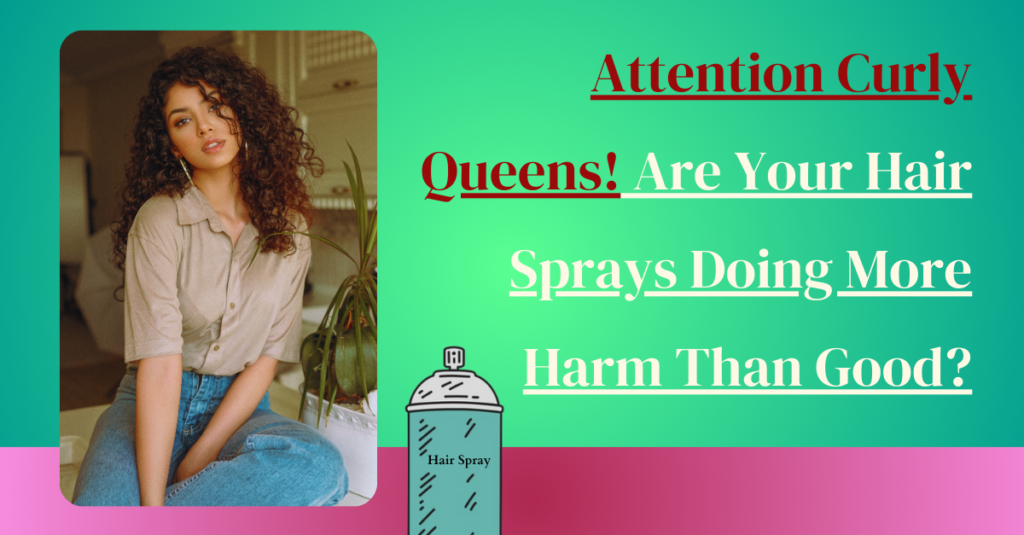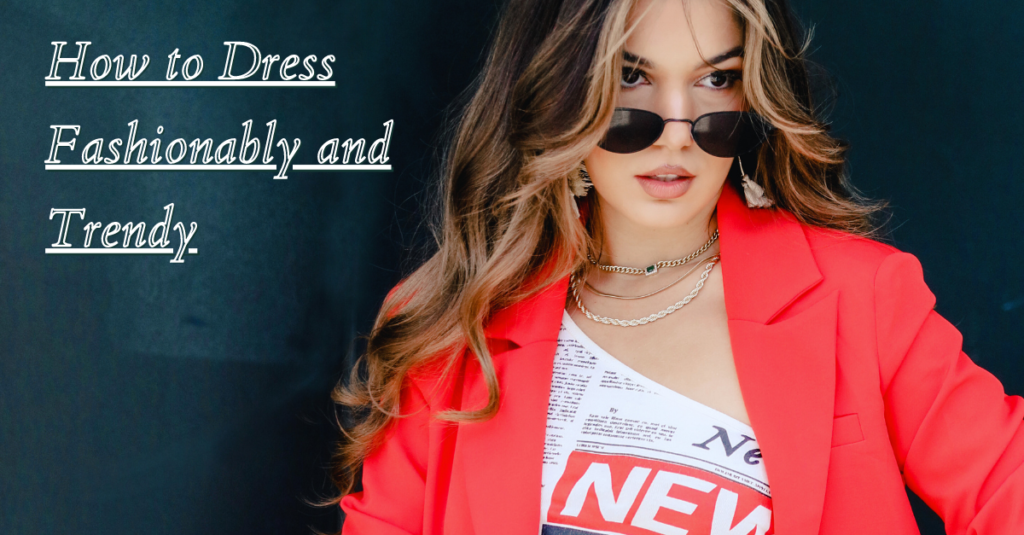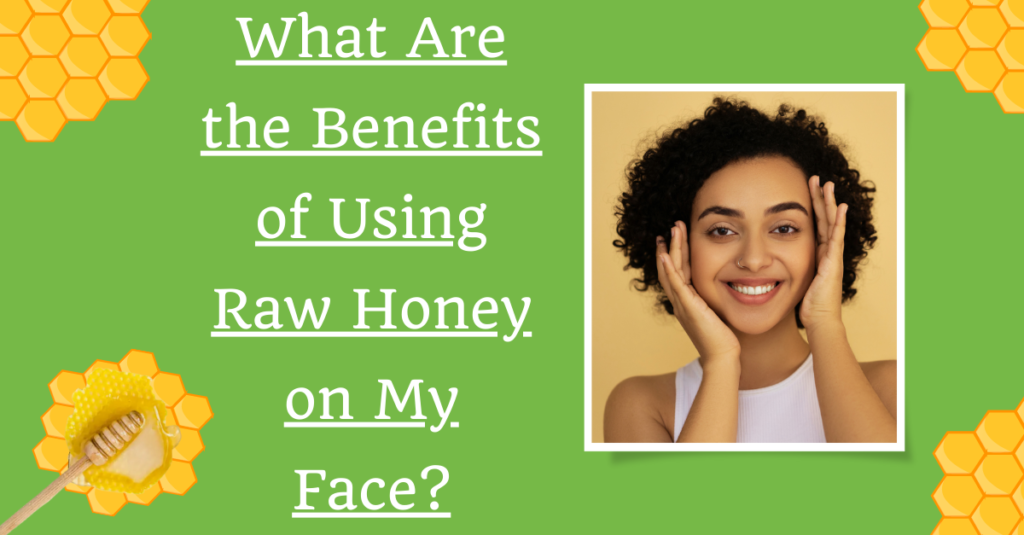Attention Curly Queens! Are Your Hair Sprays Doing More Harm Than Good?
Introduction
Hey there, Curly Queens! Let’s talk about something near and dear to your heart – your precious curls. We all know the struggle of finding the perfect products to tame, define, and enhance those beautiful spirals. Among the arsenal of styling tools, one often controversial contender is hair spray. Yes, that seemingly innocent mist that promises to hold your curls in place can sometimes be a double-edged sword. Are your trusty hair sprays actually causing more harm than good?
It’s time to delve into this curly conundrum and uncover the truth behind the mist. From potential damage to ingredients to application techniques, we’ll explore every angle to ensure your curls are getting the love and care they deserve. So, grab your favorite curl-defining product and let’s embark on this journey to discover if your hair sprays are truly your curly hair’s best friend or its worst enemy.
Attention, Curly Queens! Are Your Hair Sprays Doing More Harm Than Good?
Understanding Curly Hair
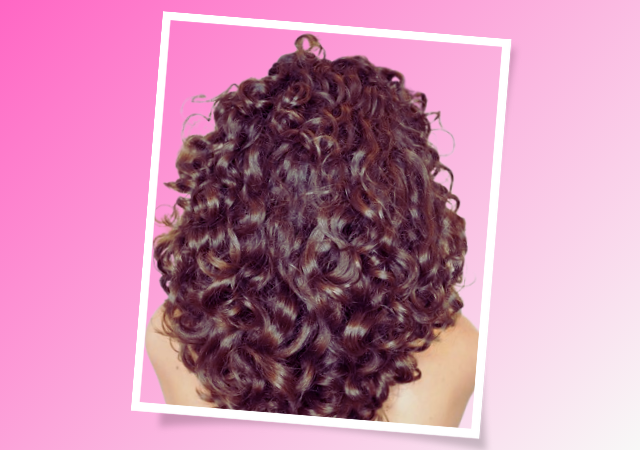
Before we dive into the world of hair sprays, it’s essential to understand the unique characteristics and needs of curly hair. Unlike straight hair, curly hair tends to be drier and more prone to frizz due to its structure. The natural oils produced by the scalp have a harder time traveling down the length of the hair shaft, resulting in dryness and potential breakage.
Furthermore, curly hair is more susceptible to damage from external factors such as heat styling, harsh chemicals, and environmental aggressors. This makes it crucial to choose hair care products that not only enhance the appearance of curls but also nourish and protect them from damage.
Types of Hair Sprays
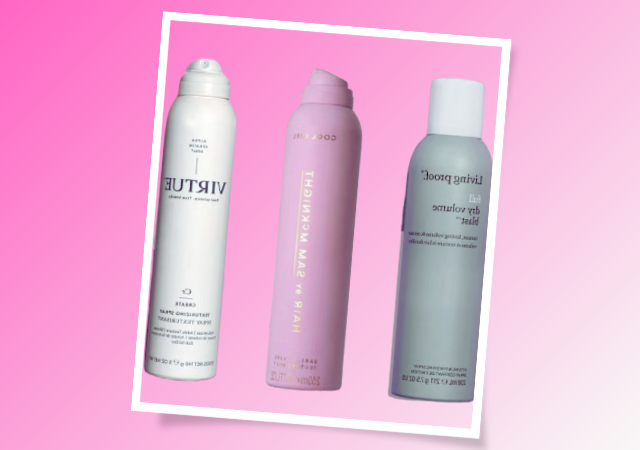
Hair sprays come in various formulations, including aerosol, pump, and dry shampoo. Each type has its unique characteristics and uses, but they all serve the common purpose of providing hold and control to hairstyles.
Aerosol hair sprays are perhaps the most widely recognized type, known for their fine mist and quick-drying formula. They offer strong hold and are suitable for a wide range of hairstyles, including curly hair. Pump sprays, on the other hand, dispense the product in a more targeted manner, allowing for more precise application. Dry shampoo sprays are designed to absorb excess oil from the scalp and refresh the hair between washes, making them a convenient option for those with curly hair who want to extend the time between wash days.
Ingredients to Watch Out For
When it comes to choosing a hair spray for curly hair, it’s essential to pay attention to the ingredients list. Some common ingredients found in hair sprays, such as alcohol and sulfates, can be particularly drying and damaging to curly hair.
Alcohol, often listed as ethanol or denatured alcohol, is commonly used in hair sprays as a solvent to help the product dry quickly. However, it can strip the hair of its natural oils, leading to dryness, frizz, and breakage, especially for those with curly hair.
Sulfates, such as sodium lauryl sulfate (SLS) and sodium laureth sulfate (SLES), are harsh surfactants commonly found in shampoos and other hair care products. They can strip the hair of its natural oils and moisture, leaving it dry, brittle, and prone to breakage. Avoiding hair sprays that contain sulfates can help maintain the health and integrity of curly hair.
The Risks of Hair Sprays for Curly Hair
While hair sprays can provide hold and control to curly hairstyles, they also pose some risks to the health and appearance of the hair. One of the most significant concerns is the potential for drying out the hair and scalp. Many hair sprays contain alcohol, which can strip the hair of its natural oils, leaving it dry, brittle, and prone to breakage.
Additionally, the ingredients in hair sprays can build up on the hair and scalp over time, leading to product residue and flakiness. This buildup can weigh down the curls and make them appear dull and lifeless.
Furthermore, some hair sprays contain ingredients that can irritate the scalp and exacerbate conditions such as dandruff and eczema. It’s essential to be mindful of the ingredients in hair sprays and choose products that are gentle and non-irritating.
Safe Practices for Using Hair Sprays on Curly Hair
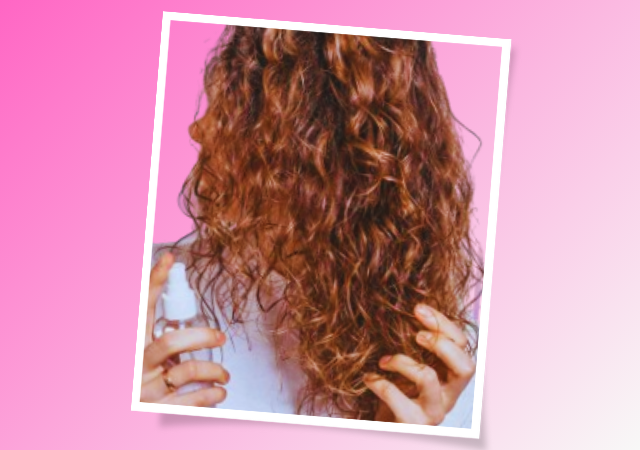
Despite the potential risks, there are steps you can take to minimize the damage and ensure that your curls remain healthy and vibrant. Here are some tips for using hair sprays safely on curly hair:
- Choose hair sprays that are specifically formulated for curly hair and free from harsh ingredients such as alcohol and sulfates.
- Avoid applying hair spray directly to the scalp, as this can lead to product buildup and irritation. Instead, focus on spraying the lengths and ends of the hair to provide hold and control.
- Use hair spray sparingly and avoid overloading the hair with product. A little goes a long way, so start with a small amount and build up as needed.
- Experiment with different application techniques, such as scrunching or diffusing, to achieve your desired hairstyle without relying solely on hair spray.
- Incorporate regular deep conditioning treatments into your hair care routine to keep your curls hydrated and nourished.
Expert Insights and Recommendations
To gain further insights into the impact of hair sprays on curly hair, I reached out to several hair care experts for their recommendations and advice.
According to hairstylist and curl expert, Sarah Jones, “Choosing the right hair spray for curly hair is crucial. Look for products that are alcohol-free and contain nourishing ingredients such as aloe vera and coconut oil. These ingredients will help to hydrate and protect your curls while providing the hold and control you need.”
Dermatologist Dr. Emily Smith emphasizes the importance of proper hair care practices for maintaining healthy curls. “Curly hair requires extra care and attention to prevent damage and breakage. Avoiding harsh chemicals and heat styling tools, and incorporating regular deep conditioning treatments into your routine can help keep your curls looking their best.”
Real-Life Experiences and Testimonials
To provide a firsthand perspective on the use of hair sprays on curly hair, I spoke with several individuals from the curly hair community about their experiences and insights.
Aahana, a curly hair enthusiast, shared her experience with using hair sprays on her curls. “I’ve tried a variety of hair sprays over the years, and while some have worked well for me, others have left my curls feeling dry and crunchy. I’ve found that opting for alcohol-free formulas and applying the product sparingly helps to maintain the health and integrity of my curls.”
Similarly, Nisha, another member of the curly hair community, emphasized the importance of choosing the right hair spray for her curls. “As someone with fine, curly hair, I’m always cautious about the products I use. I’ve found that lightweight hair sprays with flexible hold work best for me, as they provide the control I need without weighing down my curls.”
Conclusion (Attention Curly Queens! Are Your Hair Sprays Doing More Harm Than Good?)
In conclusion, while hair sprays can indeed be a convenient and effective styling tool for curly hair, they also carry potential risks if not utilized properly. Therefore, it’s crucial to opt for hair sprays specifically formulated for curly hair, devoid of harsh chemicals and additives. Moreover, employing the correct application technique and limiting usage to occasional intervals can significantly mitigate any adverse effects on your curls.
By adhering to these precautions and attuning to your hair’s unique needs, you can ensure that your beloved curls remain healthy, vibrant, and beautiful for the long haul. So, dear Curly Queens, make it a point to choose your hair sprays judiciously and consistently prioritize the well-being of your cherished curls above all else.

My name is Rohit Vagh and I’m a content writer specializing in fashion and lifestyle. I have three years of experience in this field and have written various articles. My writing style is creative and engaging, and I strive to create content that resonates with my readers. I have a deep passion for fashion and am constantly researching the latest trends and styles to make sure my readers are up to date. I’m excited to continue my career in blogging, and I’m always looking for new opportunities in the fashion and lifestyle space.

